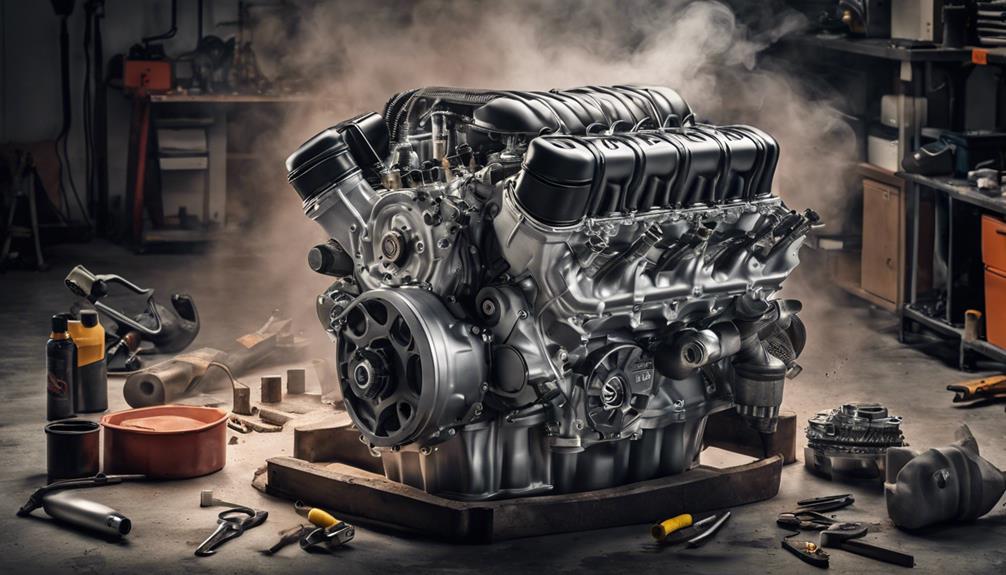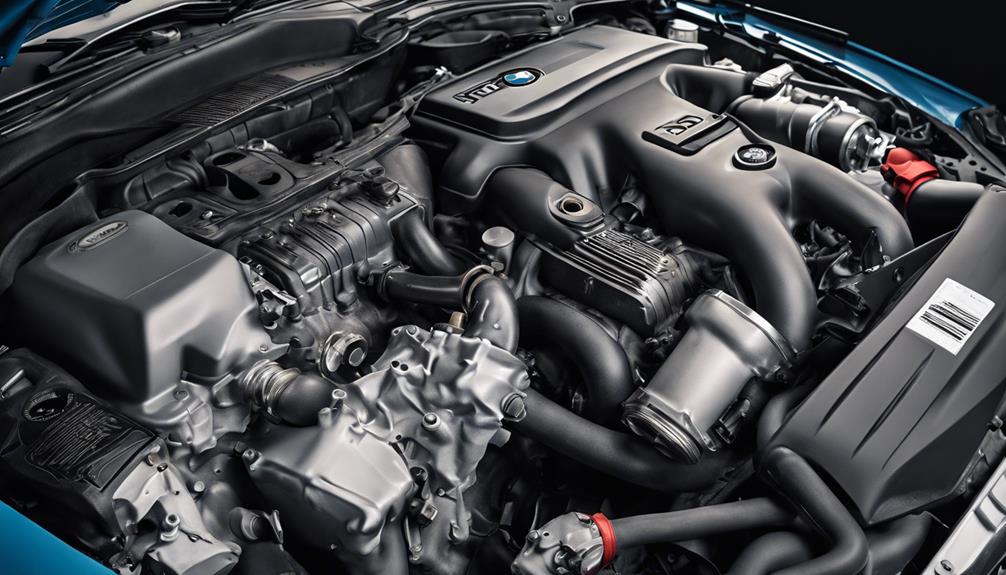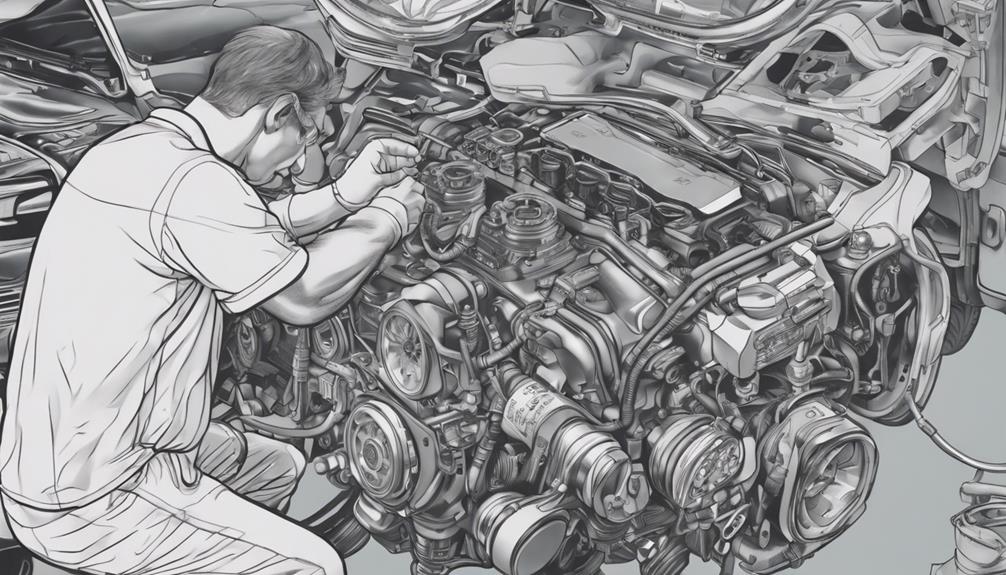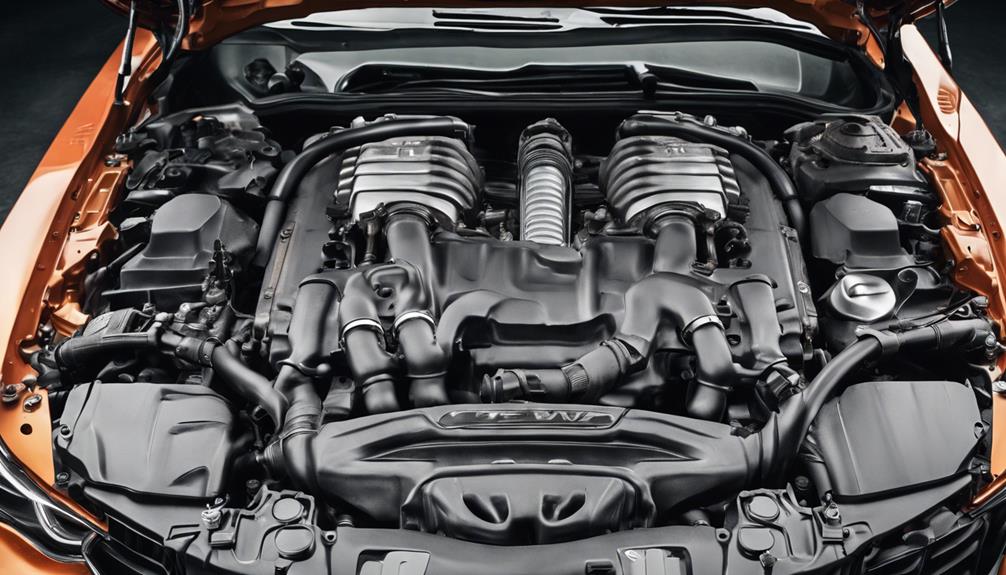If you're cruising in a BMW 316d, you might encounter some pesky issues such as timing chain troubles, finicky transmissions, steering wheel shimmying, EGR valve blockages, and fussy air conditioner condensers that could throw a wrench in your driving groove and budget. Keep an ear out for whining sounds, watch out for manual transmission hiccups, address unbalanced tires promptly, stay on top of EGR maintenance, and stay cool with regular AC checks. Get ready to handle these challenges like a pro to keep your ride running smoothly.
Key Takeaways
- Timing chain issues common in BMW 316d, especially with N47D20 and B47D20 engines around 60k-70k miles.
- Transmission problems in manual BMW 316d, with flywheel and clutch issues requiring dismantling for repair.
- Steering wheel vibration during braking or specific speeds, often due to unbalanced tires or damaged brake discs.
- EGR valve clogging in BMW 316d due to short city drives, leading to carbon build-up and impacting DPF filters.
- Air conditioner condenser malfunctions in BMW 316d, reducing cooling efficiency, often due to stone damage, requiring prompt replacement.
Timing Chain Issues
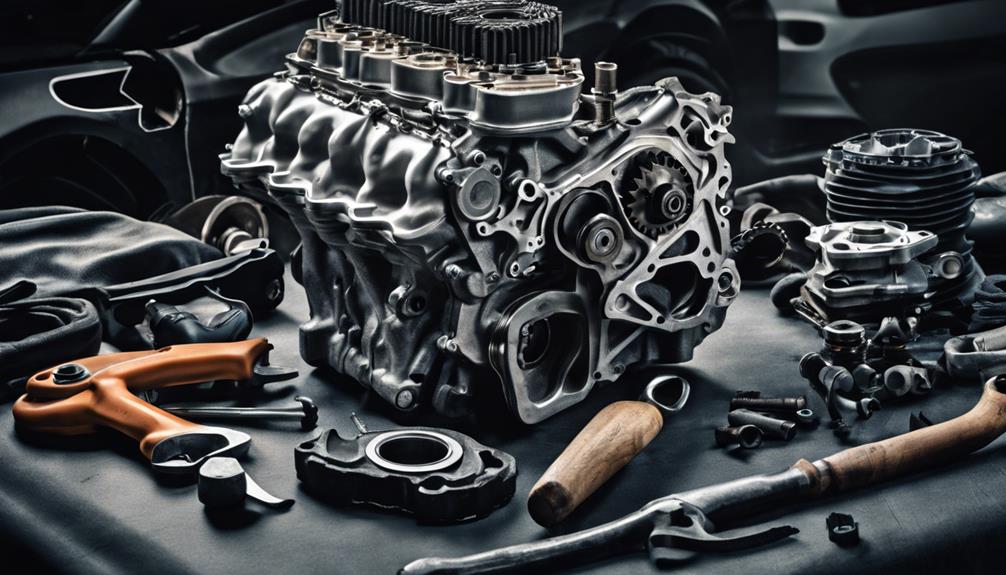
When dealing with the common timing chain issues in the BMW 316d, understanding the warning signs and taking immediate action is crucial to prevent costly engine repairs. The N47D20 and B47D20 engines in the BMW 316d are prone to timing chain problems, particularly manifesting around 60k-70k miles. If you hear a whining sound emanating from your engine, it might be a telltale sign of timing chain trouble. Ignoring this auditory warning could lead to severe repercussions, potentially resulting in significant engine repairs that will dent your wallet and freedom to roam the open road.
Being proactive in addressing timing chain issues in your BMW 316d can save you from being stranded and facing hefty bills for engine repairs down the line. By promptly attending to any whining sounds and seeking professional assistance, you can safeguard your engine's health and maintain the reliability of your vehicle. Remember, staying ahead of timing chain problems can guarantee your BMW 316d continues to serve you well without unexpected interruptions.
Transmission Problems
Transmission problems are a common issue in BMW 316d models, especially those equipped with the 2.0-liter N47 diesel engines and manual transmissions. Owners often face challenges such as flywheel failure, which requires the clutch to be fully dismantled for repair. This process can be both costly and complex, adding to the frustration of dealing with transmission problems.
Some drivers have also experienced difficulties with gear changes due to a loose pressure plate, leading to a less than smooth driving experience. In certain cases, BMW has issued recalls for specific 316d models with manual transmissions because of these loose pressure plate issues.
If you are encountering transmission problems in your BMW 316d, particularly if it has the 2.0-liter N47 diesel engine and manual transmission, you should be prepared for potential flywheel troubles, clutch repairs, and the inconvenience of dealing with a loose pressure plate affecting your gear shifts.
Steering Wheel Vibration
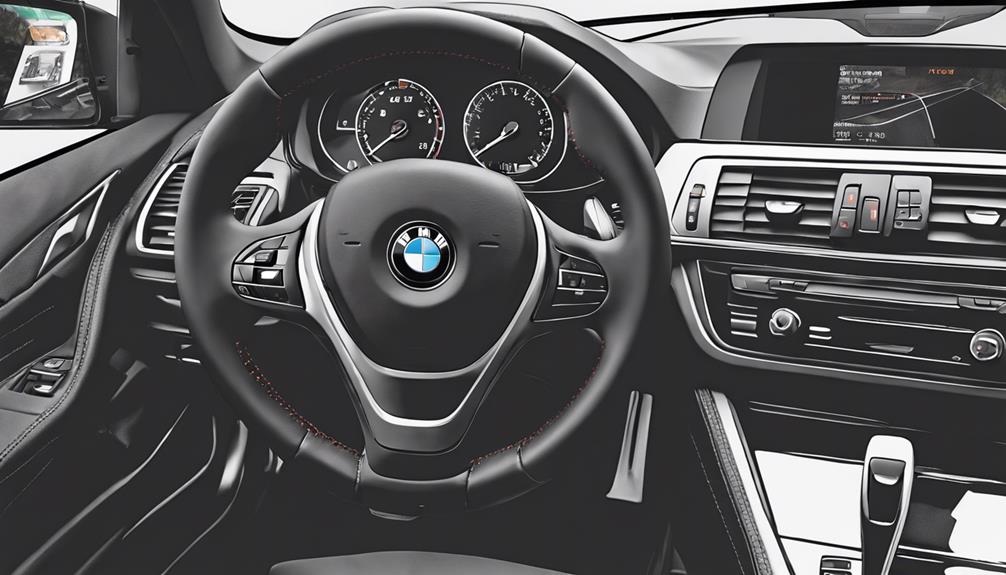
Amidst the technical intricacies of the BMW 316d, a notable issue that drivers encounter is steering wheel vibration, particularly evident during braking or at speeds ranging from 80 to 120 km/h. Here's what you need to know:
- Unbalanced Tires: Unbalanced tires are a common culprit behind steering wheel vibration in the BMW 316d. Ensuring your tires are properly balanced can greatly reduce or even eliminate this issue.
- Damaged Brake Discs: Another potential cause of steering wheel vibration is damaged brake discs. If your brake discs are warped or worn unevenly, they can lead to vibrations that are felt through the steering wheel.
- Inspection and Replacement: To address steering wheel vibration effectively, a thorough inspection of the tires and brake discs is essential. Depending on the severity of the issue, replacement of the faulty parts may be necessary to restore smooth handling and driving comfort in your BMW 316d.
EGR Valve Clogging
EGR valve clogging poses a common and potentially problematic issue in the BMW 316d, often attributed to short city drives. The stop-and-go nature of city driving doesn't allow the engine to reach its best operating temperature, leading to carbon build-up in the EGR system.
Driving longer distances at higher speeds can help prevent this by burning off the carbon deposits. Detecting clogging early is crucial to avoid more severe issues. Regular maintenance is crucial; cleaning the EGR valve is possible if caught in time, but waiting too long may result in a costly replacement.
Additionally, clogged EGR valves can also impact the efficiency of the DPF filters, causing a domino effect of problems. To keep your BMW 316d running smoothly, consider mixing up your driving routine with some longer trips and make sure to conduct regular maintenance checks to prevent EGR valve clogging.
Air Conditioner Condenser Malfunction
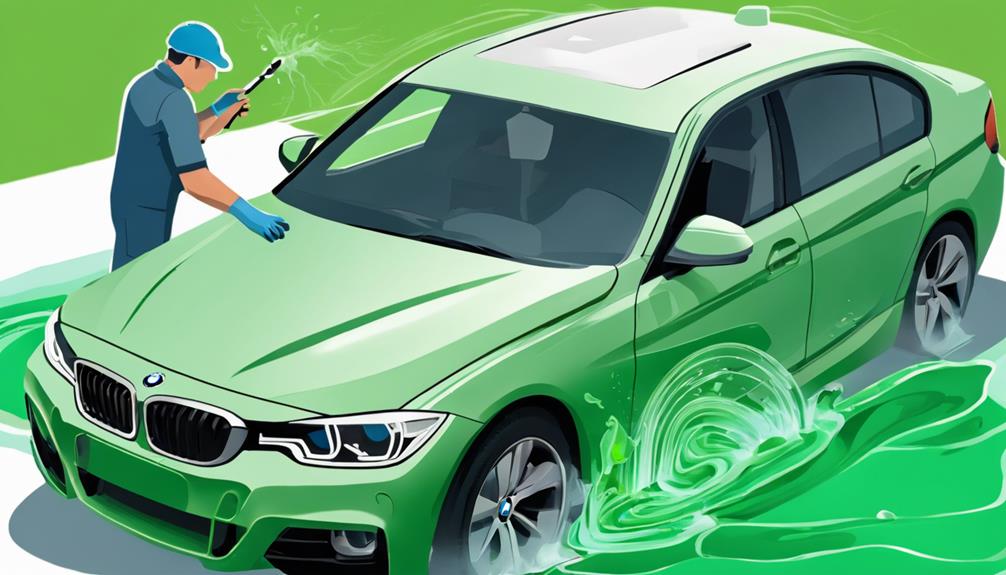
Experiencing a malfunction in the air conditioner condenser of your BMW 316d can lead to reduced cooling efficiency and potentially necessitate a replacement to restore peak performance. Here are some vital points to keep in mind:
- Stone Damage: Keep an eye out for stones while driving, as they can cause significant harm to the air conditioner condenser, impacting its functionality.
- Regular Inspection: Conduct routine checks to detect any damage early on. Identifying issues promptly can prevent further complications and guarantee peak cooling performance.
- Replacement: If your air conditioner condenser is damaged, don't hesitate to choose a replacement. It's crucial for maintaining the efficiency of your BMW 316d's air conditioning system.
Frequently Asked Questions
How Reliable Is the BMW 3 Series Diesel?
You might find the BMW 3 Series Diesel to be somewhat reliable, but keep an eye out for potential issues like timing chain troubles. With proper care and maintenance, you can expect your BMW 316d to last a good while.
What Is the Most Common Problem With BMW 3 Series?
The most common issue with BMW 3 Series is timing chain problems. Addressing them promptly is crucial to prevent costly engine repairs. Listen for a whining sound from the engine as it may indicate a potential problem.
Is the 2016 3 Series Reliable?
Yes, the 2016 3 Series is reliable overall, but be aware of potential issues like suspension problems. Regular maintenance and care can extend its lifespan. Enjoy the drive, but keep an eye out!
What Is the Most Common Issue With Bmw?
The most common issue with BMWs is the timing chain problems, especially around 60k-70k miles. Neglecting this could lead to costly engine repairs. Another prevalent problem is transmission issues in certain diesel engines, causing flywheel failure.






